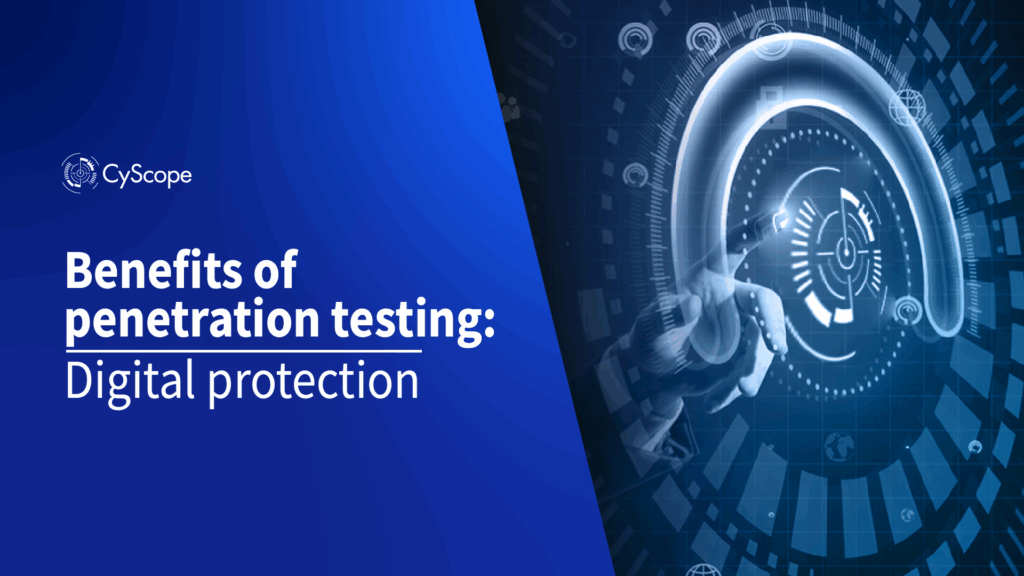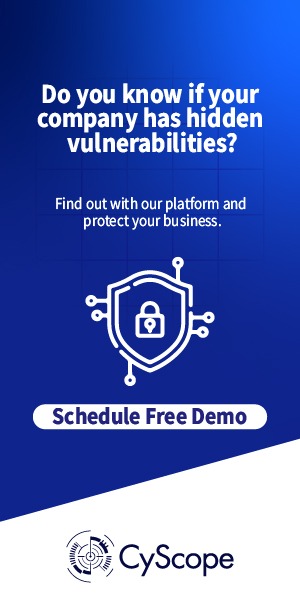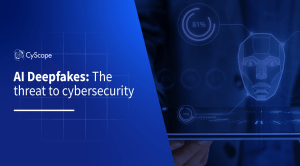With cyberattacks that steal credentials increasing by 71% globally by 2024 and companies facing millions of dollars in losses due to security breaches, one question resonates across all sectors: Are we prepared? Today, more than ever, cybercriminals do not discriminate between industries; from small businesses to multinational companies, everyone is a potential target. As threats evolve, many organizations rely on reactive solutions that act after the attack.
But what if there was a way to anticipate? Penetration testing is not just a “technical check” but a drill that reveals critical vulnerabilities before attackers exploit them. In this article, you will discover how this proactive approach adapts to the needs of companies in different industries.
Penetration testing: Why it is the first line of defense
Penetration testing simulates real attacks to identify vulnerabilities before cybercriminals exploit them. But not all industries face the same risks. Let’s look at how these tests are tailored to specific needs:
Banking sector: Protecting the heart of finance
Banks handle money, sensitive data, and the trust of millions. A single failure can cost millions in fines and reputational damage.
Key benefits
- Vulnerability detection in transaction APIs and mobile apps.
- Compliance with regulations such as PCI DSS.
- Fraud prevention by simulating attacks on authentication systems.
Our approach
With Pentest On Demand, banks can schedule continuous testing before launching new digital functionalities, ensuring security without delays.
Read more: Cybersecurity in banking: an essential pillar
Health sector: Beyond data, saving lives
Hospitals and clinics are frequent targets of ransomware: In 2023, 45% of attacks in LATAM affected the healthcare sector (source: IDB).
Key benefits
- Evaluation of IoT medical devices (pacemakers, insulin pumps).
- Protection of medical records in the cloud.
- Prevention of operative paralysis in operating rooms or emergency rooms.
Our approach
Bug Bounty Programs encourage ethical hackers to find bugs in legacy systems common in medical infrastructures.
Startups and fintechs: Agility without compromising security
For growing companies, a cyber-attack can mean losing investors, customers, or even shutting down operations.
Key benefits
- Evaluation of MVPs before market launch.
- Protection of exposed APIs in payment or crowdfunding platforms.
- The attraction of investors by maturity in cybersecurity.
Our approach
The PTaaS model allows startups to pay only for the tests they need, without long contracts or fixed costs.
You might be interested in: Penetration testing for fintech industry: Learn why it is important
Pentest On Demand: The new era of proactive cybersecurity
Traditional penetration testing (done once a year) is no longer sufficient in a world where threats evolve hourly. The advantage of an on-demand approach is clear:
- Flexibility: Testing at any stage (development, release, upgrades).
- Expertise on demand: Access to specialists in specific sectors (banking, energy, etc.).
- Actionable results: Clear reports with concrete steps to correct failures.
Read also: Pentest On Demand: Optimize your cybersecurity strategy
Conclusion: Don’t wait to be another case study
Whether you run a hospital, a bank, or a start-up, penetration testing is the insurance your business needs in the digital age. With on-demand services, it’s now easier and more cost-effective than ever to stay one step ahead of cybercriminals.
Ready to discover how penetration testing can transform your company’s security? Schedule a free CyScope demo and learn how our flexible services fit your needs.





